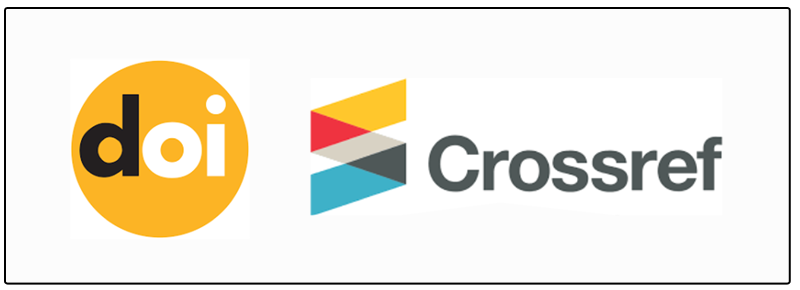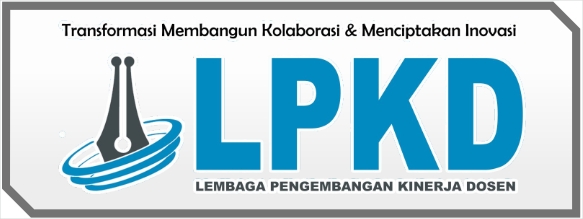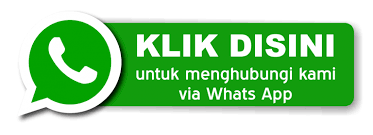DUOLINGO APP EFFECT ON ARABIC SPEAKING SKILLS
Abstract
Arabic is a very special language. In addition to being the language of the holy book of the al-Qur'an, Arabic is also an international language agreed upon by the United Nations. However, not many people can communicate or speak Arabic in Indonesia. Many factors are the cause, such as a lack of vocabulary savings and not being used to speaking Arabic. From the emergence of these problems, it raises the question of how to make many people who have a lot of Arabic vocabulary so that they can speak Arabic fluently. To overcome this problem, the author conducted a study on the effect of using Duolingo application as a media innovation to improve Arabic speaking skills. The author uses a survey method by giving several questions to fifteen respondents from the Cipulus Wanayasa Islamic Boarding School students as a tool to collect data. The results showed that 74.6% respondents' answers agreed that Duolingo application had an effect on improving Arabic speaking skills and 25.4% respondents' answers gave an ordinary opinion that had no effect. From the results, the authors can conclude that there is an effect of Duolingo application for improving students' Arabic speaking skills. This application is very useful for those who want to learn Arabic on their own.
References
Winfred F.Hill, Theories of Learning. Bandung: Nusa Media, 2012.
I. Tabroni, MODEL PENDIDIKAN ISLAM: Teknik Mendidik Anak dengan Treatment di Era 4.0. Bandung: CV Cendekia Press, 2019.
I. Tabroni, S. Bagus, S. Uwes, M. Drajad, and I. Bahijah, “The Learning Process Of Children With Special Needs At Salsabila Inclusive School, Purwakarta,” Fikroh J. Pemikir. dan Pendidik. Islam, vol. 15, no. 1, pp. 52–62, 2022, doi: 10.37812/fikroh.v15i1.387.
A. Hermawan, Metodelogi Pembelajaran Bahasa Arab. Bandung: Remaja Rosdakarya, 2011.
A. W. Rosyidi and M. Ni’mah, Memahami konsep Dasar Pembelajaran Bahasa Arab. Malang: UIN-Maliki Press, 2011.
T. Luthfi and D. R. Munir, “Hubungan Mata Pelajaran Muatan Lokal Bahasa Arab Terhadap Kemampuan Baca Tulis Al-Al-Quran Pada Siswa Kelas IX (Sembilan) SMP Al-Ihsan,” Kalamuna J. Pendidik. Bhs. Arab dan Kebahasaaraban, vol. 2, no. 2, pp. 172–185, 2021, doi: 10.52593/klm.02.2.05.
S. Mustofa, Strategi Pembelajaran Bahasa Arab Inovatif. Malang: UIN Maliki Press, 2011.
A. M. A. Qasim, Muqddimah fi sikulujiyah al-lughah. Beirut: Markaz Al-Iskandariyah Li Al-Kitab, 2000.
Imam Tabroni, H. Husniyah, L. Sapitri, and Y. Azzahra, “Impact of Technological Advancements on The Establishment of Characteristics of Children,” East Asian J. Multidiscip. Res., vol. 1, no. 1 SE-Articles, pp. 27–32, Feb. 2022, doi: 10.54259/eajmr.v1i1.453.
M. H. Zubaidillah, Pengantar Konsep Pembelajaran Bahasa Arab di Madrasah Ibtidaiyyah. Amuntai: Hemat, 2018.
“Kamus Besar Bahasa Indonesia,” Jakarta, 1990.
Sudarto, “Keterampilan Dan Nilai Sebagai Materi Pendidikan Dalam Perspektif Islam,” J. Al-lubab, vol. 1, no. 1, 2016.
A. Fakhrurrozi, Pembelajaran Bahasa Arab. Jakarta Pusat: Kementerian Agama RI, 2012.
I. Tabroni, F. Nasihah, and I. Bahijah, “THE IMPLEMENTATION OF SCHOOL CULTURE-BASED CHARACTER EDUCATION IN SALEM STATE ELEMENTARY SCHOOL, PONDOKSALAM SUBDISTRICT, INDONESIA,” Erud. J. Educ. Innov. Vol 8, No 2 Erud. J. Educ. Innov., Dec. 2021, [Online]. Available: https://erudio.ub.ac.id/index.php/erudio/article/view/544.
N. Siti Maesaroh, I. Tabroni, and D. Syaprudin, “The Influence of Google Classroom Learning Media on Student Learning Motivation During Covid-19 (Study of Students of SMK Negeri 2 Purwakarta PAI Subjects),” Paedagog. J. Pendidik. dan Stud. Islam, vol. 3, no. 01 SE-Articles, pp. 35–56, Jan. 2022, doi: 10.52593/pdg.03.1.03.
Rusman, Pembelajaran Berbasis Teknologi Informasi dan Komunikasi. Jakarta: Rajawali Pers, 2012.
Imam Tabroni and S. Rahmania, “Implementation of Akhlaqul Karimah Through Islamic Religious Education Approach In Early Children,” East Asian J. Multidiscip. Res., vol. 1, no. 1 SE-Articles, pp. 33–40, Feb. 2022, doi: 10.54259/eajmr.v1i1.454.
D. R. Monette, T. J. Sullivan, and C. R. DeJong, Applied Social Research: A Tool for the Human Services. Cengage Learning, 2013.
B. Prasetyo, Metode Penelitian Kuantitatif. Jakarta: Raja Grafindo Persada, 2005.
















